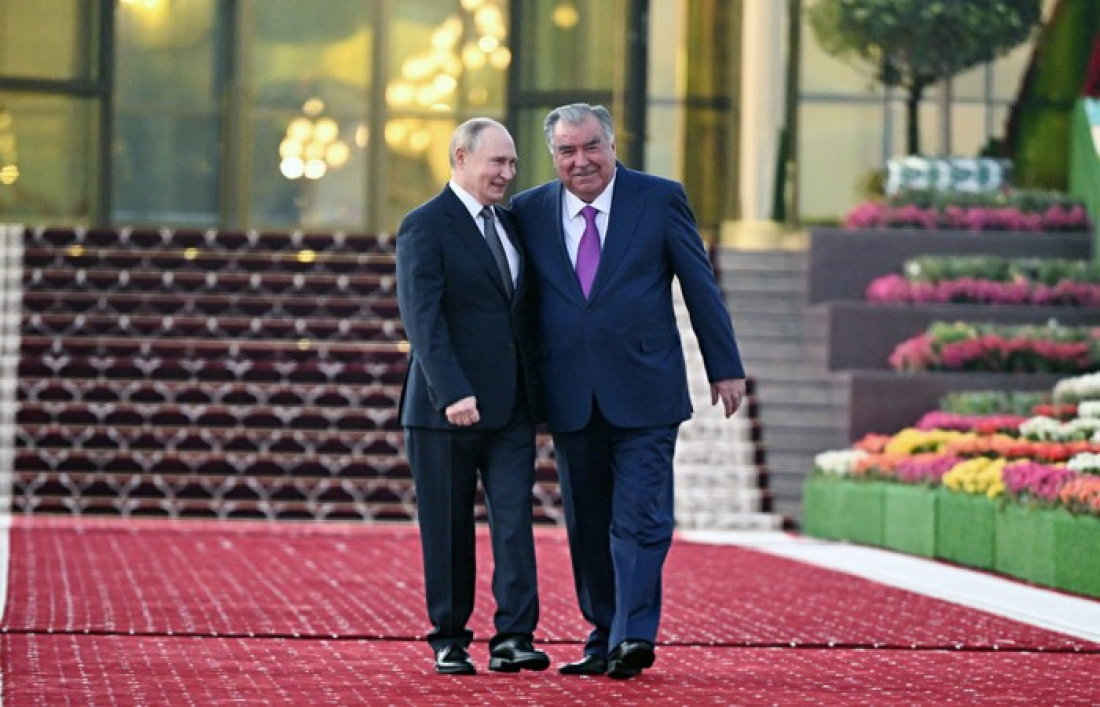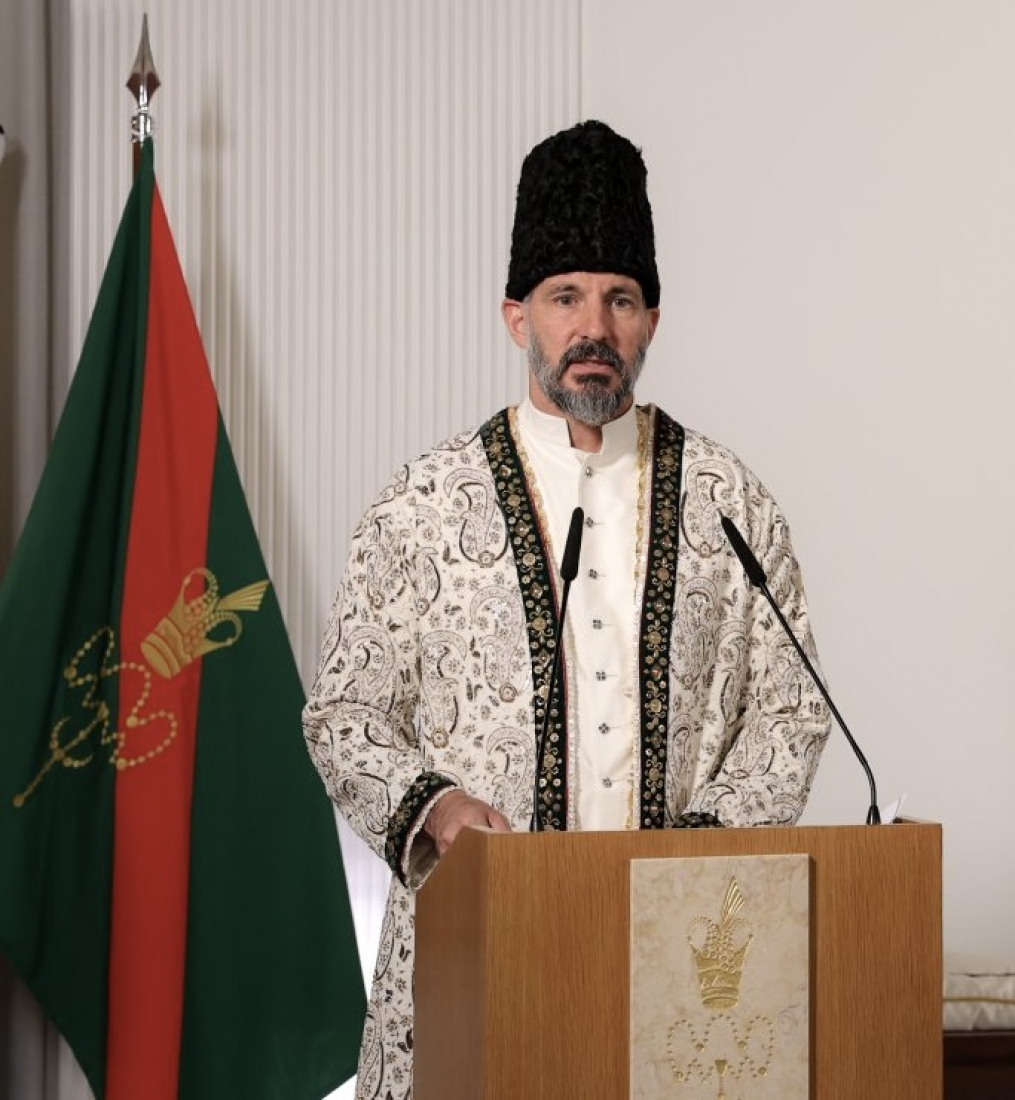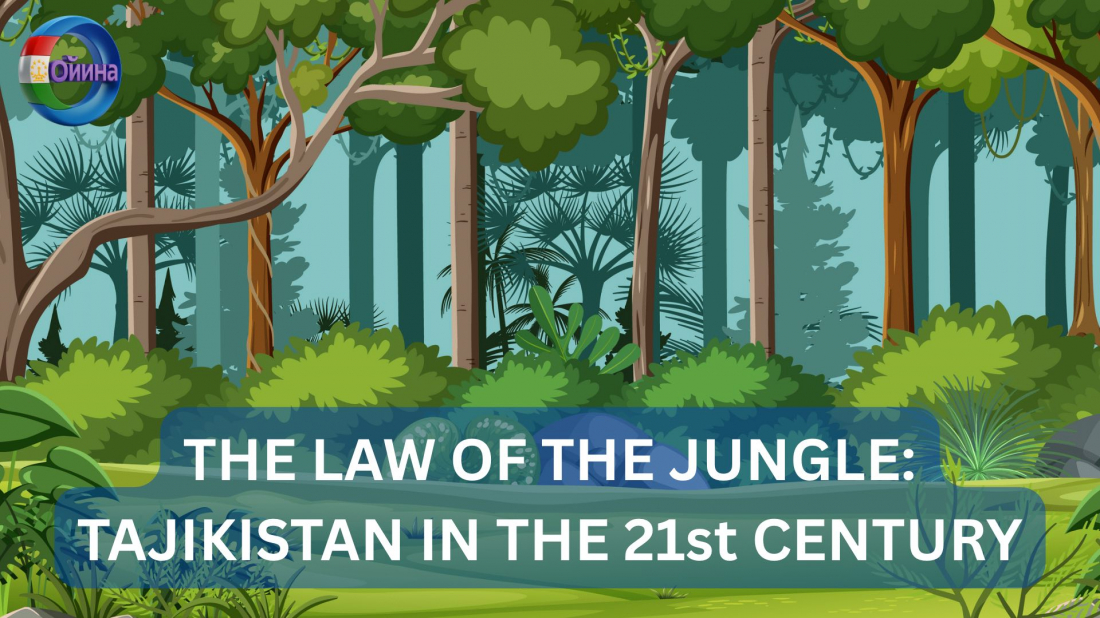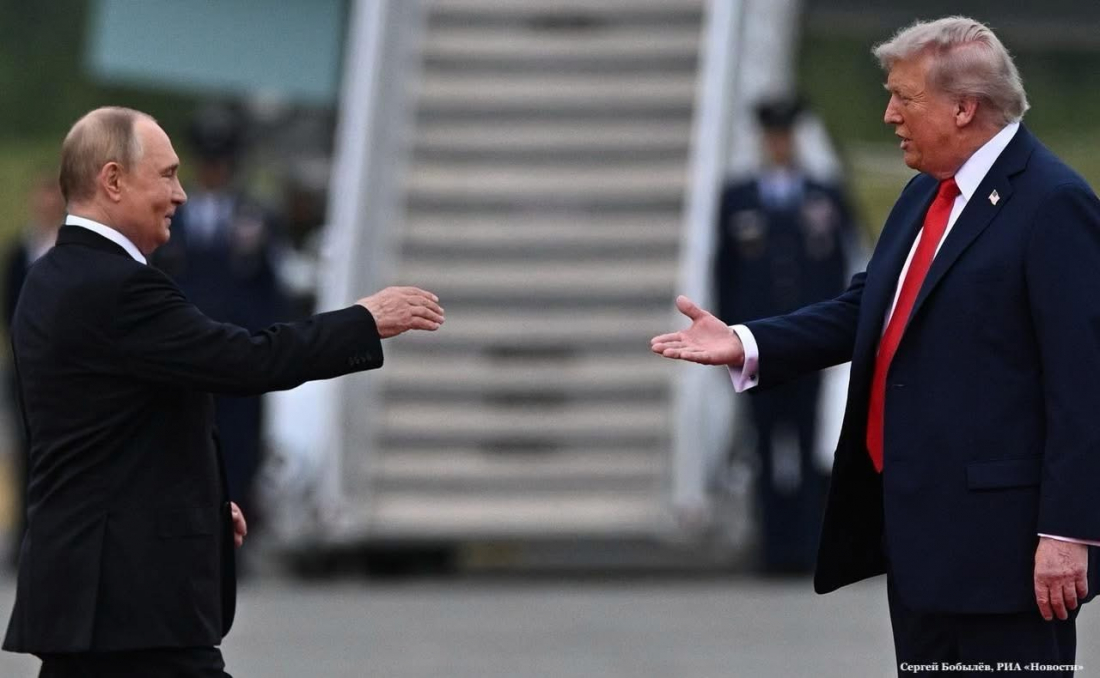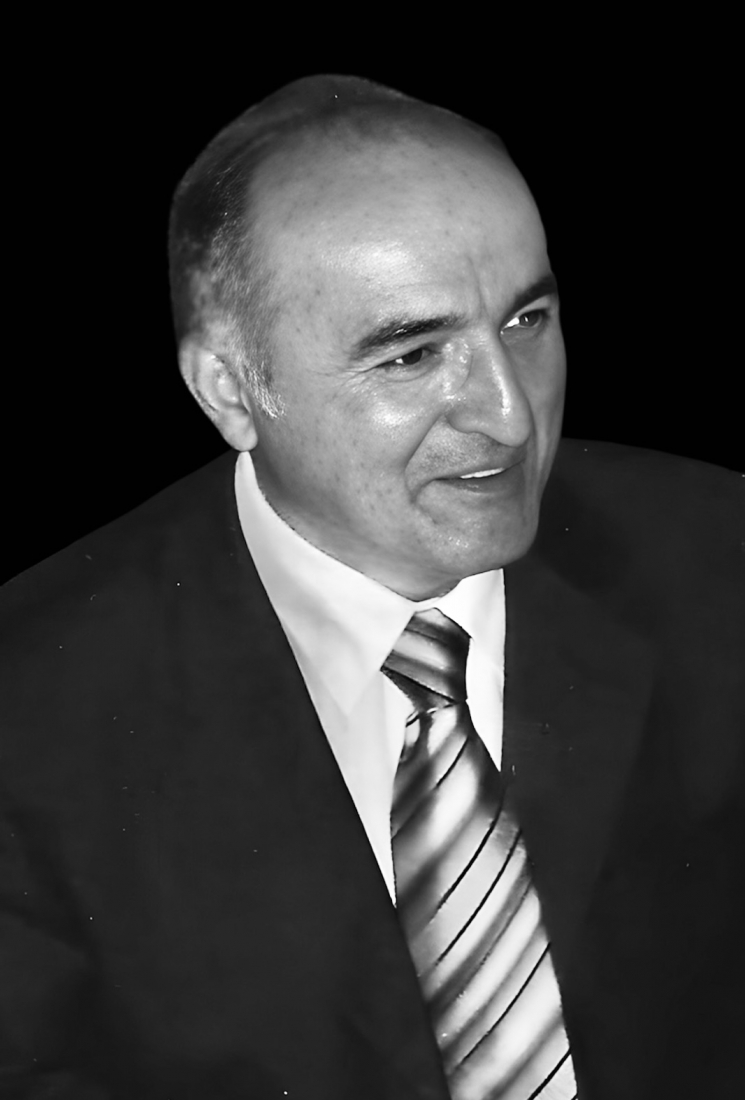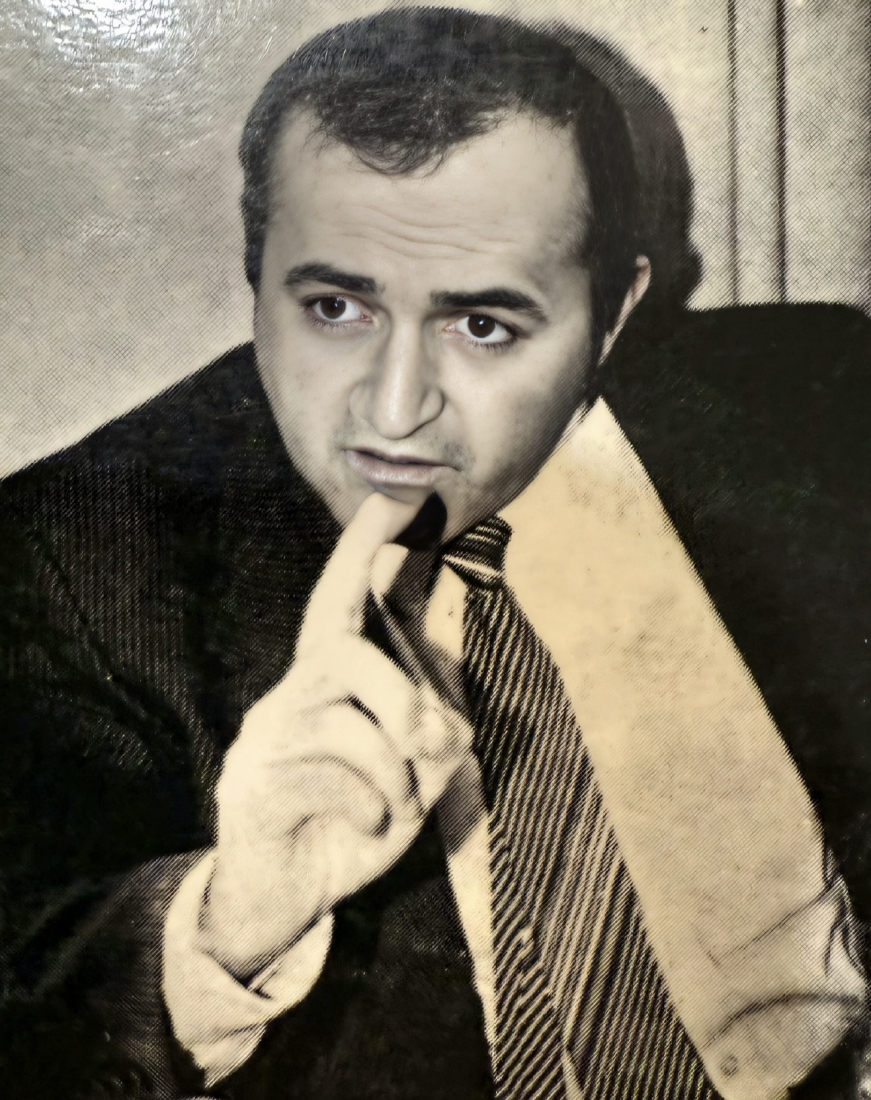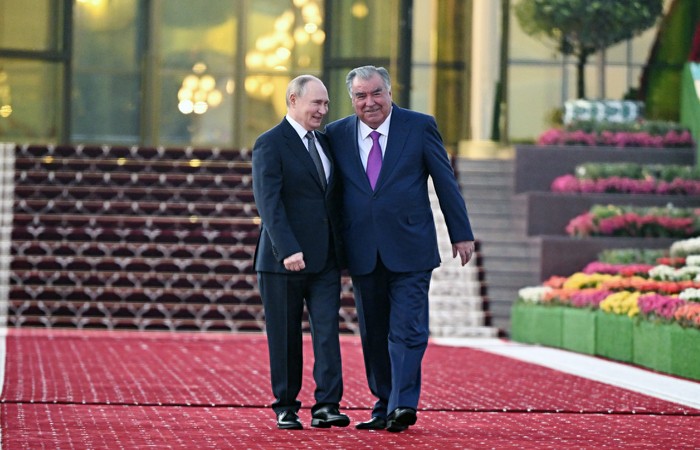
PUTIN’S VISIT TO TAJIKISTAN AND THE INTERNATIONAL CRIMINAL COURT WARRANT
Why Dushanbe Could Not - or Did Not Dare to - Arrest the Russian President
On October 8, 2025, Vladimir Putin arrived in Dushanbe to attend the “Russia - Central Asia” summit and the CIS Heads of State Council meeting.
If the Kremlin’s goal was to demonstrate its political influence in the region once again, then for Tajikistan this visit was also a demonstration - a demonstration of “understanding modern politics.”
Putin is under an arrest warrant issued by the International Criminal Court (ICC), and the presence of a head of state accused of war crimes - without being detained - calls into question Tajikistan’s obligations as a signatory to the Rome Statute.
The ICC Warrant and “Demands of the Time”
On March 17, 2023, the ICC issued arrest warrants for Vladimir Putin and Maria Lvova-Belova, accusing them of the unlawful deportation of Ukrainian children.
Tajikistan, having signed and ratified the Rome Statute, is legally bound to cooperate with the ICC - including the arrest of individuals wanted by the Court. Yet it did not do so.
Europe, as always, “expressed concern.”
The European Union and human rights organizations condemned Putin’s visit and urged Tajikistan to fulfill its obligations to the ICC. But, as usual, those statements remained confined to news headlines and had no practical consequences.
Human Rights Watch called on the Tajik authorities to either refuse Putin’s visit or detain him, stressing that international law “applies to everyone.”
Brussels declared that failure to enforce the warrant undermines confidence in Tajikistan’s legal system and may affect future cooperation programs. As always.
In practice, however, the ICC has no police force of its own, and the implementation of its decisions depends entirely on the political will of states.
And now the central question: Why didn’t Dushanbe arrest Putin?
- Russia is Tajikistan’s main military and economic partner.
The Russian 201st Military Base - the largest Russian base outside its borders (with around 6–7 thousand troops) - is stationed in Tajikistan. Any attempt to arrest Putin would have meant direct confrontation with Russian forces. - Economic pressure.
Millions of Tajik citizens work in Russia as labor migrants. Even limited Russian pressure on this vulnerable group, or disruption of remittance flows, could instantly paralyze Tajikistan’s economy and provoke social unrest. - No guarantees.
Neither the EU nor the U.S. is ready to defend Central Asia militarily. Arresting Putin would have left Tajikistan isolated against Russia - no country would intervene or “fight for justice.” - Realities of modern politics.
After the invasion of Ukraine and the events in Palestine, both Moscow and the “champions of democracy” have shown that they are willing to use force to “punish disobedient neighbors,” even when they are clearly in the wrong. This reality makes post-Soviet elites distrust everyone.
Suppose Putin had been arrested.
The Kremlin would have certainly used force - its military base is located only a few kilometers from Dushanbe. The response would have been swift and harsh, unlike the statements from Brussels or HRW.
The Russian 201st base would have been ordered to “ensure the safety of the President of the Russian Federation and secure his release.”
That would effectively mean a Russian military invasion: airport closures, seizure of government ministries, deployment of armored vehicles into Dushanbe.
Simultaneously, Moscow would launch a massive propaganda campaign under slogans like “a Western-backed coup” and “an assassination attempt on the president,” once again presenting itself as the “protector of the native people.”
Russia could also invoke the CSTO to intervene “to restore order.”
Economic retaliation - blocking remittances, restricting fuel supplies - would add further pressure.
Tajikistan’s airspace, controlled by CSTO mechanisms, would fall entirely under Russian oversight.
The Tajik army, with its 15–20 thousand soldiers, cannot compete - technically or operationally - with Russia’s military machine. Any resistance would collapse within days.
The international community, as always, would issue statements and symbolic resolutions - while the people would bear the consequences.
Dushanbe’s action was not cowardice, but a leap over hidden geopolitical traps.
On one side stood international obligations and the ICC warrant - which even the self-proclaimed “defenders of democracy” have themselves violated — and on the other, territorial integrity, the highest duty of any government.
That day, Dushanbe became a mirror in which dependent nations could see reality: international treaties are worth no more than the paper they are written on when they collide with the new world order.
This is not justification - it is diagnosis.
In today’s world, where a military base of a country whose leader is indicted by the ICC stands on the territory of another ICC member state, law turns into myth, and judgment becomes mere rhetoric.
As long as such dependencies remain, international justice will be nothing more than a moral declaration — and the question “who is right?” will continue to be answered not in courtrooms, but on battlefields.
And if international law truly matters to you - who stopped you in Anchorage from scrambling your fighter jets to arrest Putin?
Another truth of our time: today, borders are defined not by the signatures on treaties, but by the range of missiles and the strength of military bases - not by international law.




